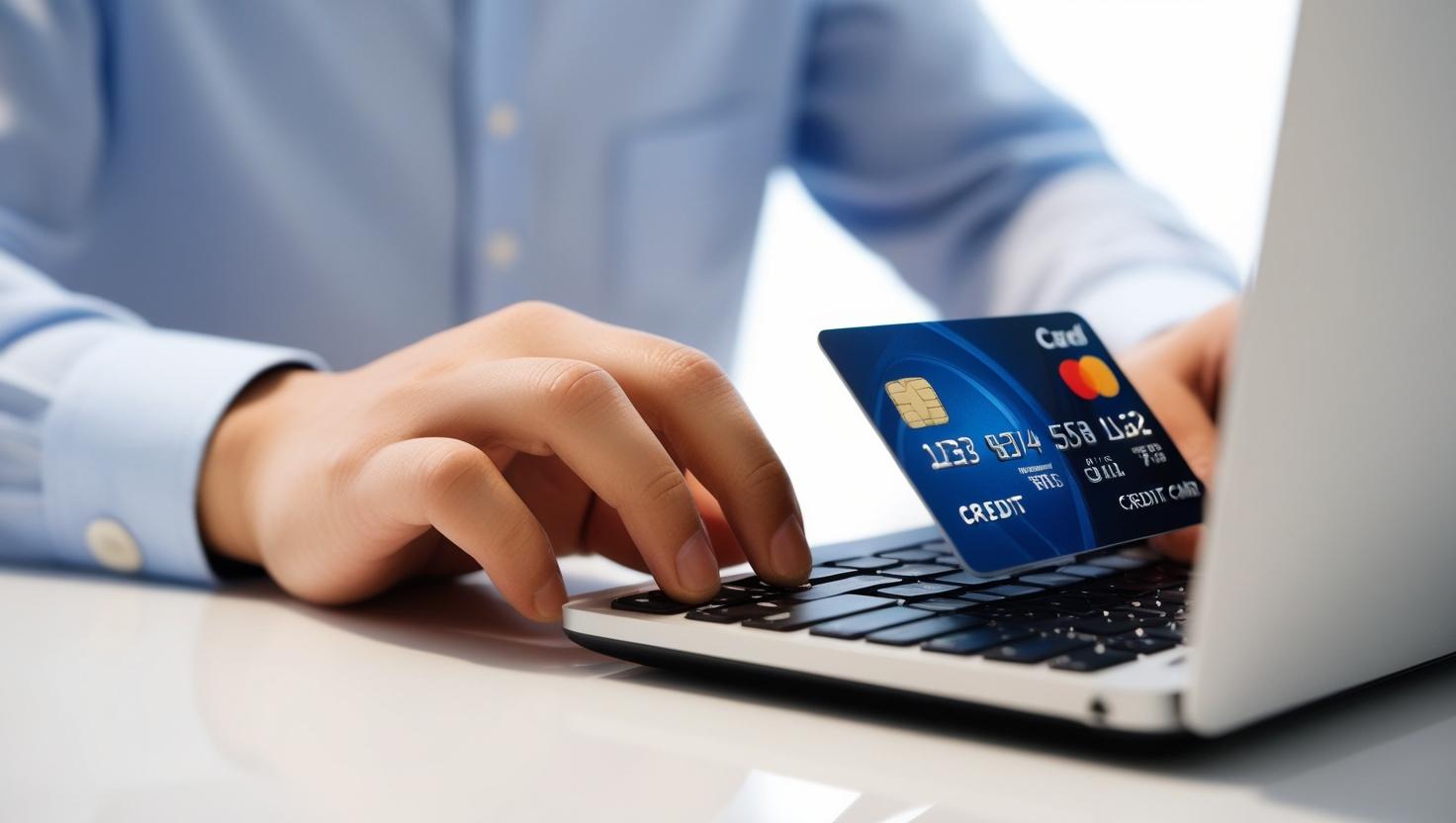Credit cards can be powerful financial tools when used wisely. However, if not managed properly, they can lead to overwhelming debt and financial stress. Learning how to use a credit card responsibly can help you build a strong credit history, earn rewards, and avoid unnecessary debt. Here’s everything you need to know about using your credit card the right way.
Understand How Credit Cards Work
Before using a credit card, it’s important to understand how it works. A credit card allows you to borrow money from the bank to make purchases, with the expectation that you will pay it back. If you don’t pay the full balance by the due date, interest is charged on the remaining amount.
Key Terms to Know:
- Credit Limit: The maximum amount you can borrow on your card.
- Minimum Payment: The smallest amount you must pay each month to avoid penalties.
- Interest Rate (APR): The percentage the bank charges on unpaid balances.
- Billing Cycle: The period between credit card statements, usually around 30 days.
- Grace Period: The time between your purchase and the due date when you can pay off your balance interest-free.
Set a Budget for Your Credit Card
One of the biggest mistakes people make with credit cards is overspending. To avoid this, set a budget and stick to it.
How to Budget with a Credit Card:
- Only use your credit card for purchases you can afford to pay off in full.
- Set a spending limit based on your income and necessary expenses.
- Track your purchases weekly to avoid exceeding your budget.
Using a credit card like a debit card—spending only what you can afford—helps prevent accumulating unnecessary debt.
Pay Your Balance in Full Every Month
The best way to avoid debt is to pay your credit card balance in full each month. This prevents interest from accumulating and helps you maintain a good credit score.
Benefits of Paying in Full:
- Avoids interest charges.
- Keeps your credit utilization low.
- Helps build a strong credit history.
If you can’t pay the full amount, try to pay more than the minimum to reduce interest charges.
Avoid Unnecessary Purchases
It’s easy to make impulse purchases with a credit card, but unnecessary spending can quickly lead to debt.
Tips to Avoid Overspending:
- Think before you buy: Ask yourself if the purchase is essential.
- Use cash for discretionary spending: Limit credit card use for necessary expenses only.
- Unlink your card from online shopping sites: This reduces impulse buying.
Keep Your Credit Utilization Low
Credit utilization is the percentage of your credit limit that you use. High credit utilization can lower your credit score and make it harder to get loans in the future.
How to Manage Credit Utilization:
- Keep your usage below 30% of your credit limit.
- If possible, pay off your balance multiple times a month to keep utilization low.
- Ask for a credit limit increase if you have good financial habits, but avoid increasing spending.
Set Up Automatic Payments
Forgetting to make payments can result in late fees and damage your credit score. Setting up automatic payments ensures you never miss a due date.
Best Practices for Auto-Pay:
- Set up an automatic payment for at least the minimum amount.
- If possible, schedule a full balance payment to avoid interest.
- Monitor your bank account to ensure funds are available.
Take Advantage of Credit Card Rewards Responsibly
Many credit cards offer rewards, such as cashback, travel points, or discounts. While these perks are great, they should never encourage unnecessary spending.
Using Rewards Wisely:
- Choose a card that matches your spending habits (e.g., cashback on groceries if you shop frequently).
- Pay off your balance in full to truly benefit from rewards without paying interest.
- Avoid chasing rewards by spending more than necessary.
Watch Out for Fees
Credit cards come with various fees that can add up over time.
Common Fees to Avoid:
- Late Payment Fees: Always pay on time.
- Annual Fees: Choose a no-annual-fee card if you don’t need premium benefits.
- Cash Advance Fees: Avoid withdrawing cash using your credit card, as it comes with high fees and immediate interest.
- Foreign Transaction Fees: If you travel often, look for a card with no foreign transaction fees.
Check Your Statements Regularly
Reviewing your credit card statement each month helps you track spending and identify errors.
What to Look For:
- Unauthorized charges (report them immediately).
- Any fees you might not recognize.
- Opportunities to adjust your budget if you’re overspending.
Know When to Say No to Credit
If you find yourself struggling to pay off your balance or relying on credit for daily expenses, it may be time to stop using your credit card temporarily.
Steps to Take:
- Pause credit card spending until you regain control of your finances.
- Focus on paying down debt before making new purchases.
- Seek financial advice if you find yourself in continuous debt.
Conclusion: Stay in Control of Your Credit
A credit card is a useful financial tool when managed responsibly. By setting a budget, paying off balances in full, avoiding unnecessary fees, and keeping spending under control, you can enjoy the benefits of credit without falling into debt.
By following these tips, you can build a strong financial future while using your credit card wisely!

